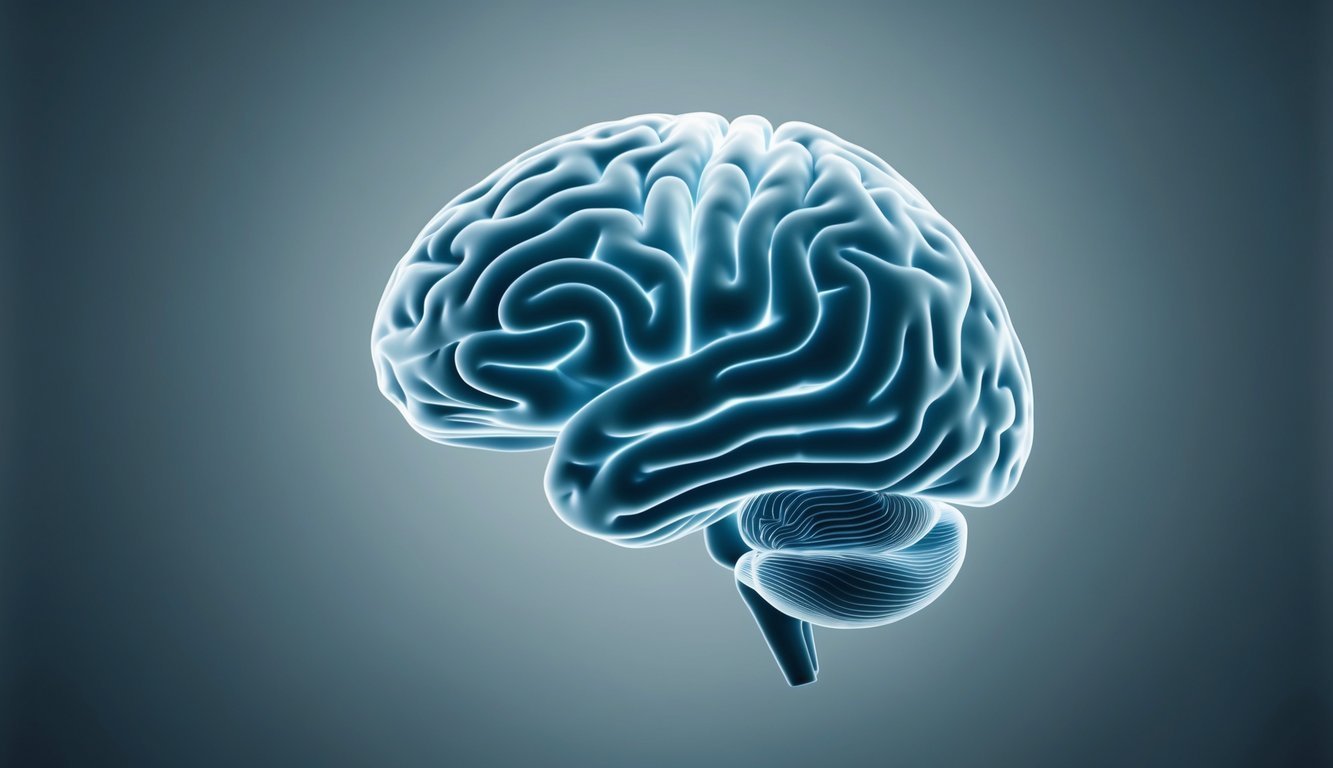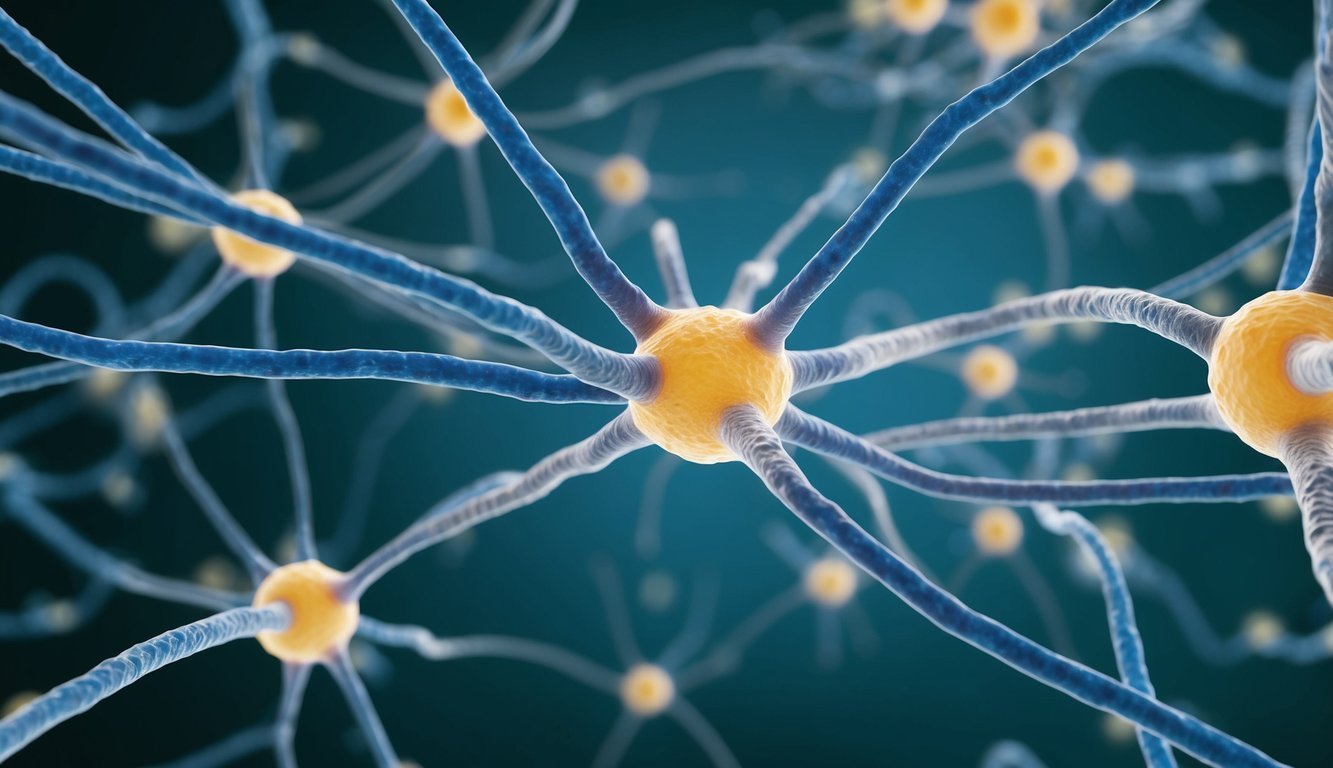PsychNewsDaily Publishers
100 Summit Drive
Burlington, MA, 01803
Telephone: (320) 349-2484
PsychNewsDaily Publishers
100 Summit Drive
Burlington, MA, 01803
Telephone: (320) 349-2484

Dopamine is a vital neurotransmitter in the brain, pivotal for feelings of pleasure, reward, and motivation. It affects a variety of physiological processes and behaviors via specific pathways within the central nervous system.
Dopamine is often termed the feel-good chemical in the brain. It is produced from the amino acid tyrosine and serves as a communicator between neurons.
The main roles of dopamine include:
Variations in dopamine levels can influence mood, sleep cycles, and decision-making. When dopamine is released, it binds to specific dopamine receptors on neurons, initiating various cellular responses.
The brain ensures a careful equilibrium between dopamine production and reabsorption. When this balance is disrupted, it can lead to neurological and psychiatric disorders.
Dopamine operates primarily through four significant pathways in the brain:
The substantia nigra and ventral tegmental area are essential regions for dopamine synthesis. They project into various brain areas, forming distinct pathways.
Each pathway has specific functions:

Dopamine significantly impacts various aspects of mental health by affecting mood, cognition, and behavior. Its influence is evident across multiple psychiatric disorders and cognitive functions, with both surpluses and shortages of this neurotransmitter linked to different mental health issues.
Imbalances in dopamine are associated with several psychiatric conditions. In schizophrenia, heightened dopamine activity in specific brain areas contributes to positive symptoms such as hallucinations and delusions. In contrast, reduced dopamine in other regions may result in negative symptoms like anhedonia.
Bipolar disorder features variations in dopamine levels, likely influencing mood fluctuations. Manic phases are characterized by increased dopamine activity, while depressive episodes may correlate with diminished dopamine function.
ADHD is linked to a deficit of dopamine in particular brain regions, affecting attention and impulse control. Medications that act as dopamine agonists or enhance dopamine availability are frequently utilized to treat ADHD.
Dopamine greatly influences cognitive capabilities, particularly working memory and executive function. Studies have demonstrated that dopamine levels in the prefrontal cortex are essential for optimal cognitive performance.
Stress can interfere with dopamine transmission, thereby affecting cognitive abilities. Prolonged stress may lead to a decrease in dopamine, potentially contributing to cognitive deficits noted in several mental health disorders.
Dopamine also plays a critical role in maintaining attention and focus. Adequate dopamine signaling is necessary for alertness and concentration, while disturbances can result in attention deficits.
Lacking dopamine is associated with a range of mental health symptoms and conditions. Depression often presents with diminished dopamine activity, which contributes to anhedonia—the inability to experience joy.
Reduced dopamine levels can lead to:
Parkinson’s disease, characterized by reduced dopamine in the substantia nigra, can cause both motor difficulties and cognitive impairments. Many individuals may also experience depression and anxiety as part of their condition.
Dopamine deficiency may further play a role in addiction, as individuals often seek external sources of stimulation to elevate dopamine levels and mitigate negative symptoms.

Dopamine levels in the brain are influenced by a variety of factors, including daily habits and medical interventions. These factors can significantly affect mood, motivation, and cognitive functioning.
Diet has a significant impact on dopamine levels. Essential amino acids like phenylalanine and tyrosine found in protein-rich foods serve as precursors to dopamine. Consuming foods rich in these amino acids may enhance dopamine synthesis.
Probiotics and fermented foods can also influence dopamine production by promoting gut health. Certain studies suggest that a healthy gut microbiome positively affects neurotransmitter levels, including dopamine.
Some supplements are thought to bolster dopamine function:
Consulting a healthcare professional is advisable before beginning any supplement regime.
Medical treatments can directly alter dopamine levels. L-dopa, used in treating Parkinson’s disease, boosts dopamine in the brain by converting into dopamine upon crossing the blood-brain barrier.
Other medications that modify dopamine levels include:
These medications can either enhance dopamine activity or block dopamine receptors, depending on the treatment objectives.
Regular physical activity has been shown to elevate dopamine levels and enhance receptor sensitivity. This can foster improved mood, concentration, and motor skills.
Types of exercises that might increase dopamine include:
Quality and duration of sleep also influence dopamine functionality. Disruptions to the sleep-wake cycle can alter dopamine signaling, possibly affecting focus, learning, and stress management.
Establishing healthy sleep habits can support optimal dopamine levels:

Dopamine serves essential roles in motor control, hormonal regulation, and cognitive functions. This neurotransmitter affects numerous physiological systems across the body.
Dopamine is critical for smooth and coordinated movements. It operates within the basal ganglia, a collection of brain structures that control motor activity.
Insufficient dopamine levels can result in motor symptoms, a common occurrence in Parkinson’s disease, wherein dopamine-producing neurons undergo degeneration. Patients may encounter tremors, rigidity, and challenges in beginning movements.
Dopamine also aids in fine motor skills and balance, modulating the timing and sequencing of physical actions. Athletes and musicians often depend on accurate dopaminergic signaling for peak performance.
Dopamine impacts various hormonal processes in the body. It acts as a prolactin-inhibiting factor, controlling milk production in breastfeeding mothers.
In the hypothalamus, dopamine influences growth hormone release, either stimulating or inhibiting its secretion based on the activated neural pathways.
Dopamine is also crucial for thyroid function, as it regulates the release of thyroid-stimulating hormone from the pituitary gland.
Moreover, the reward system, heavily influenced by dopamine, can affect hormone balance. Enjoyable experiences may activate the release of oxytocin and other hormones related to bonding.